The Great Fueling War: Why Old-School Still Wins
Nowadays that every modern car drips with electronic nannies, throttle-by-wire, and enough sensors to make a NASA engineer dizzy, there’s something beautifully savage about a carburetor. No OBD-II codes, no limp mode, no ECU deciding you don’t really need that extra 500 rpm today. Just raw, mechanical fuel delivery. A symphony of venturis, floats, and accelerator pumps that turn gasoline into horsepower the way God and Smokey Yunick intended.
Fuel injection fanboys will tell you carbs are obsolete, that EFI is "better in every way." But those people have never had to diagnose a no-start condition at midnight in a Walmart parking lot with nothing but a screwdriver and a lighter.
They’ve never felt the satisfaction of tweaking an idle mixture screw by ear and getting it just right. They’ve never experienced the sheer, unadulterated freedom of an engine that answers to no computer, no government emissions standard, and certainly no "drive-by-wire" nonsense.
So let’s settle this once and for all. Carburetors aren’t just nostalgic relics. They’re superior in ways that matter to real gearheads. And if you disagree, I’ll meet you in the parking lot of the comment section with a Holley double-pumper and a torque wrench.
See also:
The Simplicity Argument: Less Tech, More Trust
Fuel injection systems are marvels of engineering—when they work. But when they don’t, you’re staring down a nightmare of CAN bus errors, fried injector drivers, and cryptic sensor failures that require a $5,000 scan tool just to diagnose. Meanwhile, a carburetor has maybe five moving parts, all of which can be fixed with a $20 rebuild kit and a YouTube tutorial.
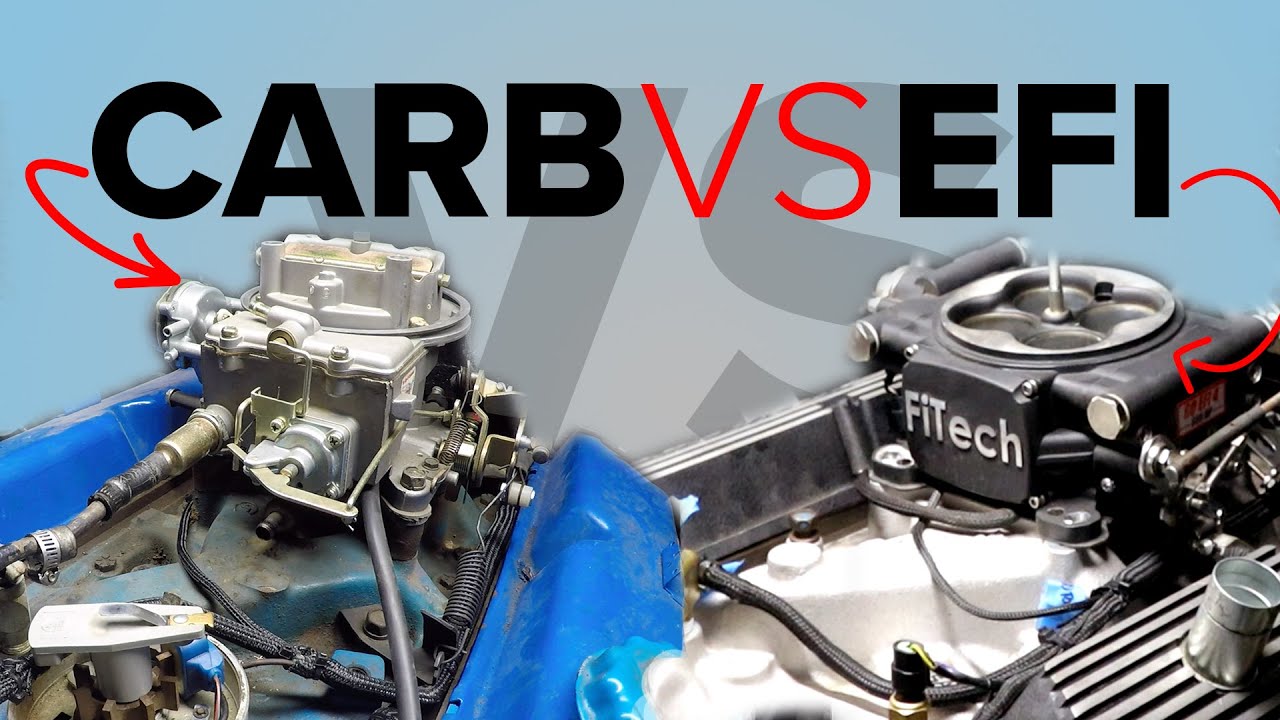
Consider the anatomy of failure:
A failed fuel injector leaves you stranded until you can source an exact OEM replacement (hope you like paying dealership prices).
A stuck needle valve in a carb? Tap it with a wrench and drive home.
Modern EFI relies on a fragile ecosystem of sensors—crank position, cam position, MAF, MAP, O2—any one of which can brick your engine if it fails.
A carburetor? It doesn’t care if your cam sensor dies. It doesn’t even know what a cam sensor is. It just works, with nothing more than gravity, vacuum, and the laws of fluid dynamics.
And let’s talk about EMP resistance. When the apocalypse comes and every fuel-injected truck on Earth is rendered useless by an electromagnetic pulse, you’ll wish you had a points-and-carb setup. Just ask anyone who’s tried to hotwire a modern car versus a 1970s pickup.
The Power Debate: Where Carbs Still Dominate
EFI evangelists love to parrot that fuel injection makes more power. And sure, in a stock application, EFI’s precise fueling and adaptive tuning usually win. But we’re not talking about stock. We’re talking about real performance; the kind where you yank off the air cleaner and stare into the abyss of a 1,000-cfm Dominator sucking air like a black hole.
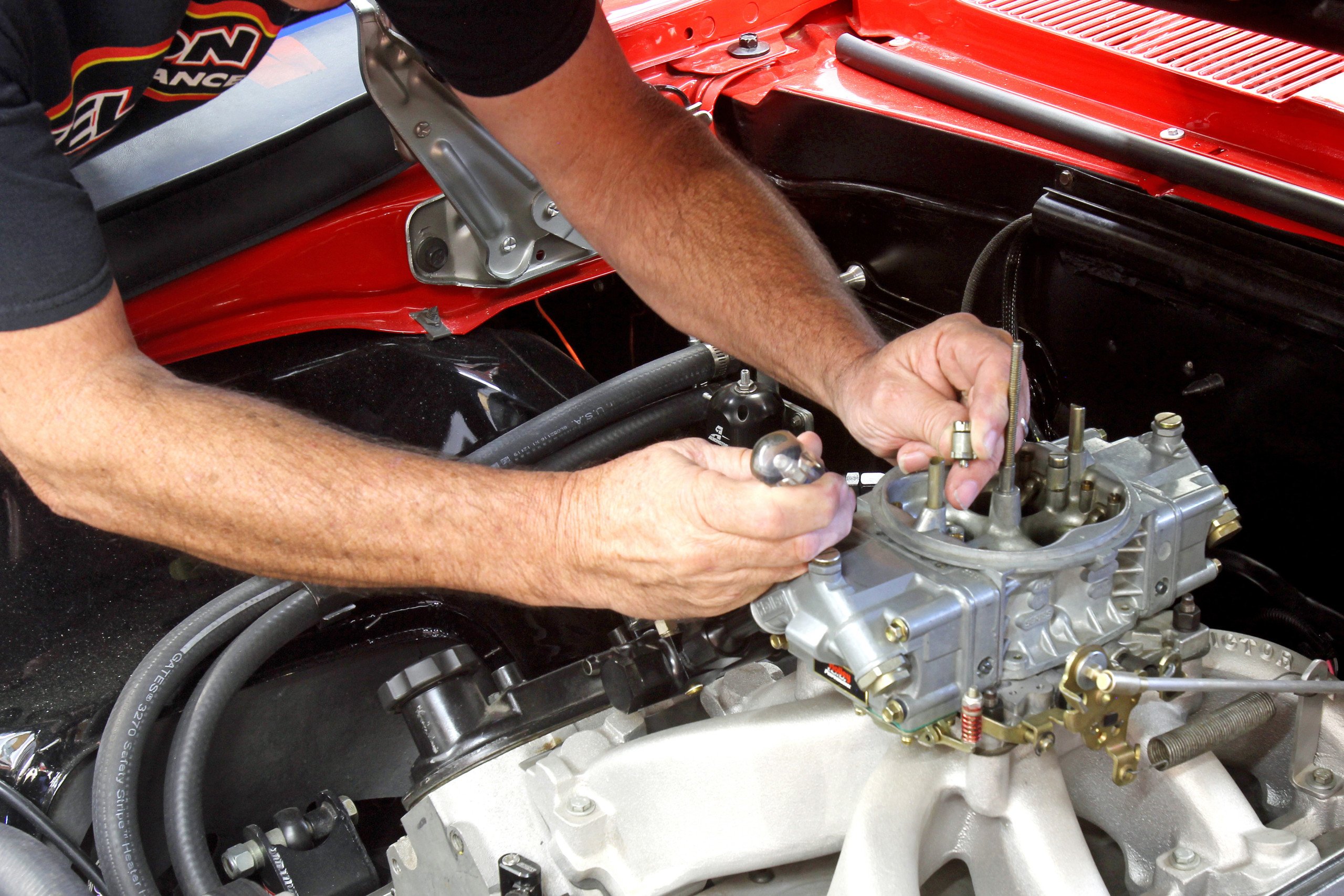
Here’s what fuel injection can’t do:
- Instant throttle response. A well-tuned carb snaps open with zero lag, while drive-by-wire systems add artificial delay to "protect the drivetrain" (read: ruin fun).
- No rev limiters. A mechanical secondary carb doesn’t give a damn about redlines—it’ll feed fuel until the valves float or the rods exit the block.
- Big-block glory. Try feeding a 572ci stroker with stock injectors. Now bolt on two 850-cfm carbs and watch it come alive.
Even NASCAR, the pinnacle of motorsport engineering, ran carburetors until 2012. Not because they were outdated, but because they worked better at the extreme edge of performance.
See also:
The Reliability Myth: Carbs Outlast Electronics
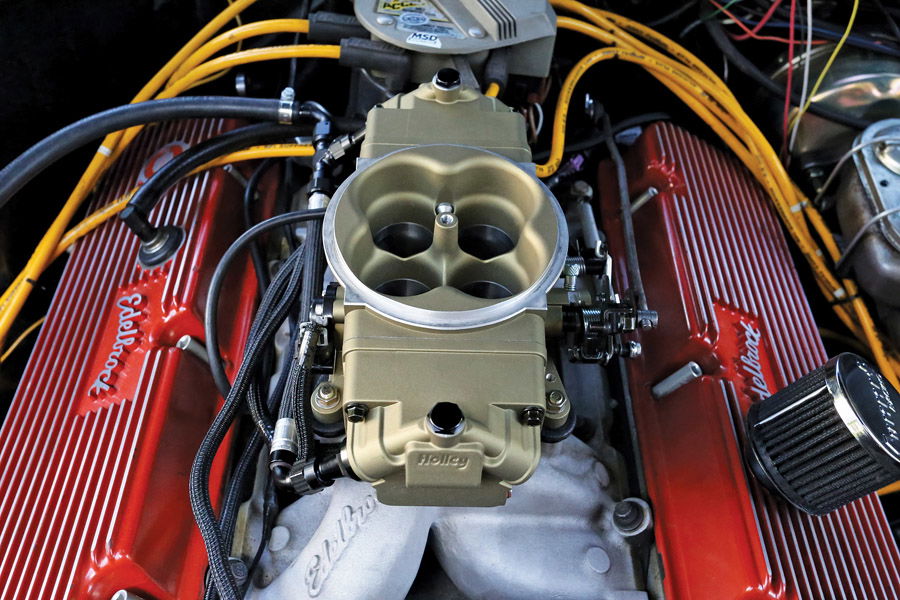
Fuel injection’s biggest selling point is "reliability," but that’s only true if you ignore:
- Ethanol corrosion. Modern pump gas eats EFI fuel lines and injectors unless you spend $$$ on upgrades. A carb? Throw in a brass float and call it a day.
- Heat soak. Ever had an EFI car vapor-lock in traffic? Carbs handle it better because they’re designed to.
- Long-term durability. A 50-year-old Quadrajet will still fire right up if it’s been stored dry. A 50-year-old Bosch D-Jetronic system? Good luck.
And then there’s the maintenance factor. Rebuilding a carb takes an afternoon. Diagnosing a misfire on a modern direct-injection engine requires an oscilloscope and a priest.
The Tuning Factor: Carbs Reward Skill
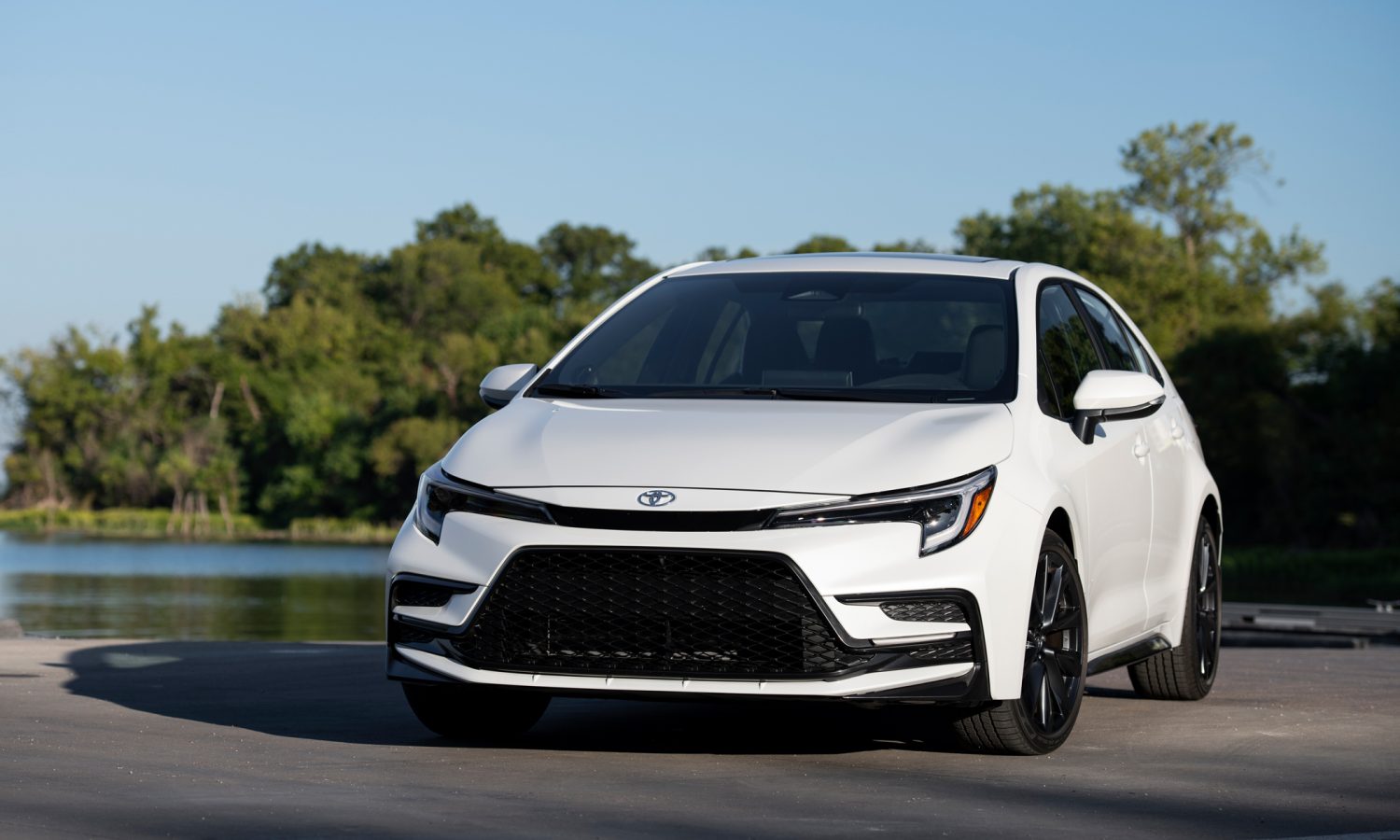
Toyota Corolla features fuel injection systems to optimize performance and efficiency.
Fuel injection tuning is just typing. You change numbers in a spreadsheet until the AFR looks good on a screen. Carb tuning, on the other hand, is an art. It’s about reading plugs like a fortune teller, listening to the engine’s voice like a mechanic whisperer, and feeling the throttle response in your bones
There’s no "autotune" button. No wideband O2 sensor doing the work for you. Just you, a screwdriver, and the feedback loop between your right foot and the engine’s soul.
The Final Verdict: Freedom vs. Convenience
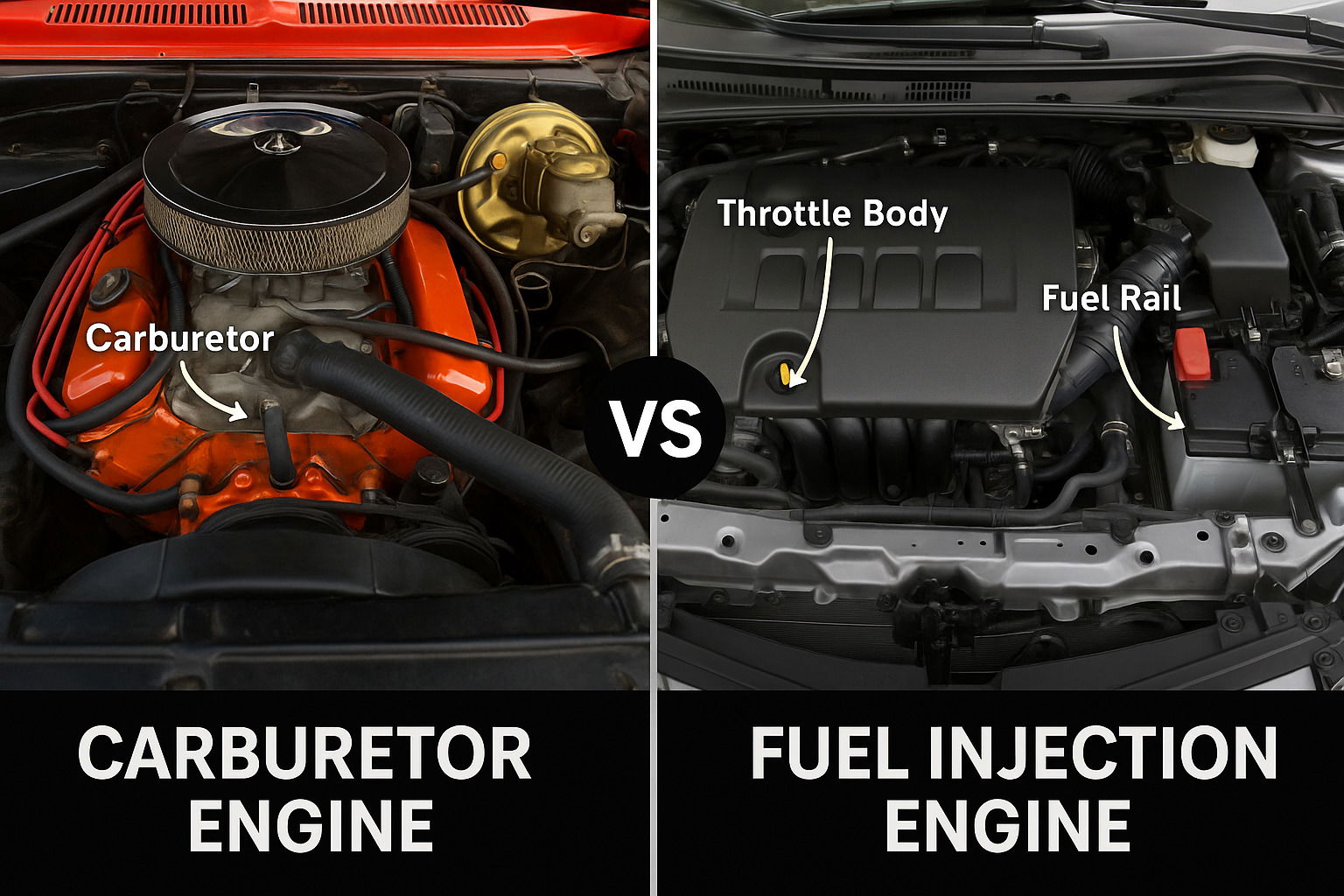
Fuel injection is easier. But since when has easy ever been the point of hot rodding? Carbs represent something purer—a direct mechanical connection between man and machine that modern tech can’t replicate.
So yeah, fuel injection is "better" if you want your car to run perfectly while you ignore it. But if you want to understand engines, to master them, to feel them in a way that modern drivers never will—carburetors are the only choice.
Now if you’ll excuse me, I have a Holley to adjust. By ear. Like a real enthusiast.